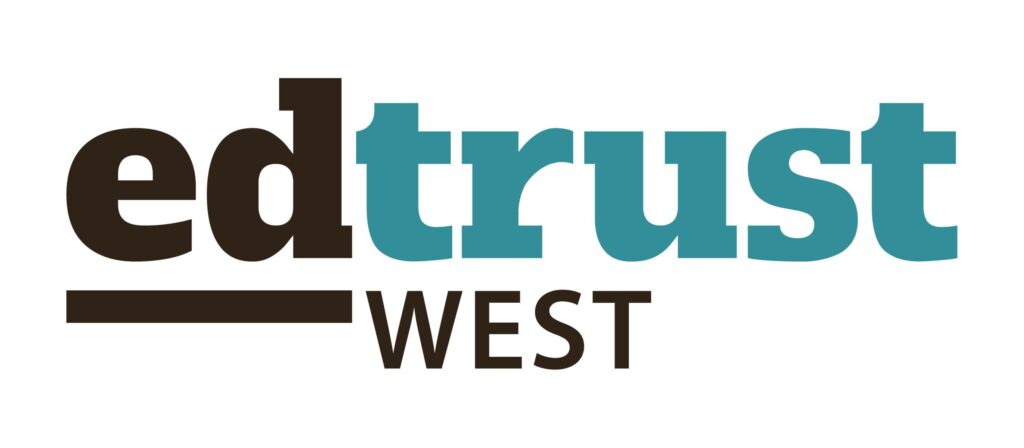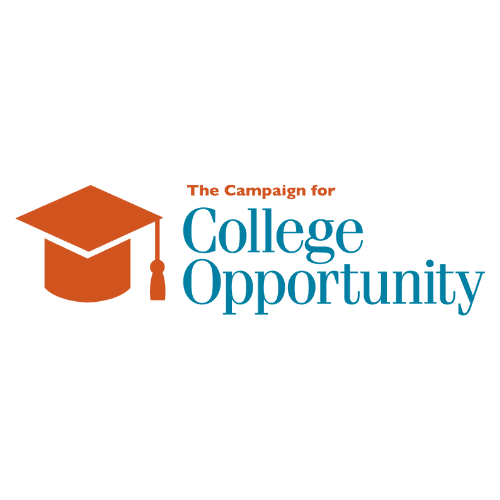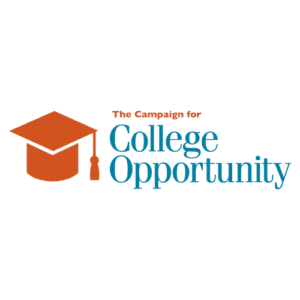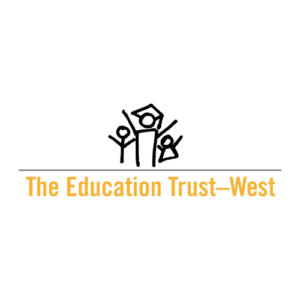STATEMENT BY THE EDTRUST—WEST, THE CAMPAIGN FOR COLLEGE OPPORTUNITY, AND JUST EQUATIONS ON CSU ADMISSIONS:
CSU WILL NOT PURSUE CHANGE TO ELIGIBILITY REQUIREMENTS
OAKLAND, Calif. — Today, we celebrate the California State University’s (CSU) decision to not change eligibility requirements: in doing so, it affirms its commitment to prioritizing equal opportunity to college access and success. Our organizations led a diverse statewide coalition of community-based, educational equity, civil rights organizations, school districts, and associations opposing new and unnecessary barriers to admission to The People’s University.
In discontinuing the effort to add a year of quantitative reasoning to eligibility requirements, CSU is now rightly exploring new strategies to ensure incoming students are supported to succeed academically. Such strategies include investing in increasing the number of A-G eligible high school graduates, providing additional support to incoming first-year students, enhancing partnerships with PK-12 districts, and increasing the number of qualified teacher candidates. We commend the shift in priorities from creating additional barriers to strengthening student achievement.
Any future changes to CSU eligibility requirements must, at minimum, be evidence-based, and demonstrate improvements to existing equity challenges and they should be made in consultation and coordination with PK-12 leaders and educators. We also hope that moving forward, the CSU and Trustees will continue their recent efforts to work meaningfully in collaboration with community members, advocates, and students in any changes to admission, given the wide-reaching implications for our communities, our state, and our nation.
The leaders of each organization have provided additional commentary:
“Our fight against the fourth-year CSU quantitative requirement was really rooted in our commitment to racial equity in education,” said The EdTrust-West Executive Director Dr. Christopher J. Nellum. “We look forward to CSU’s ongoing efforts to make a college education even more attainable for Black, Latinx, Asian, and Native students in California. The CSU is one of the most powerful engines of our state’s education ecosystem, and we are pleased the system decided to invest in our students rather than deny access.”
“CSU’s new direction is encouraging,” noted Pamela Burdman, Executive Director of Just Equations. “Access to advanced high school math courses has always been linked to educational privilege. Using that privilege to close doors on students never made sense.”
Michele Siqueiros, President of the Campaign for College Opportunity, added, “California has talented students across every zip code that are counting on the CSU as The People’s University for their chance to earn a college degree, achieve their dreams, and transform their lives. That is why students, higher education advocates, civil rights and community organizations, and legislative leaders came together to protect access to the CSU and oppose an unproven and unnecessary addition to eligibility requirements. This proposal would have grown disparity in access to college opportunity and specifically harmed California’s most vulnerable rural, low-income, Black, Latinx, and Indigenous students. We are grateful to the Trustees for thoughtfully examining the impacts of this proposal and for standing on the right side of civil rights and educational equity.”
About Just Equations
Just Equations, an independent policy institute focused on the role of math in education equity, works across educational segments to advance evidence-based strategies on the pathway from high school to college. For more information, visit https://justequations.org/ or follow @JUST_Equations.
About The Campaign for College Opportunity
The Campaign for College Opportunity is a California non-profit bipartisan policy and research organization focused on a single mission: to ensure all Californians have an equal opportunity to attend and succeed in college in order to build a vibrant workforce, economy, and democracy. For more information, visit CollegeCampaign.org, Facebook.com/CollegeCampaign, or follow @CollegeOpp.
About the EdTrust-West
The EdTrust-West works for educational justice and the high academic achievement of all students at all levels, pre-K through college, in the state of California. We expose opportunity and achievement gaps that separate students of color and low-income students from other youth, and we identify and advocate for the strategies that will forever close those gaps.





